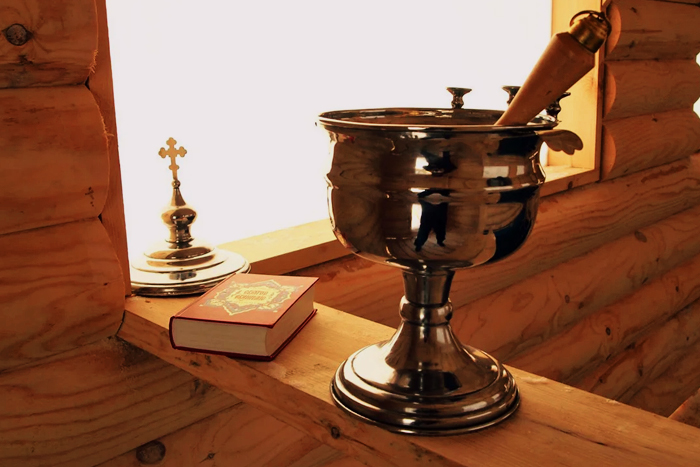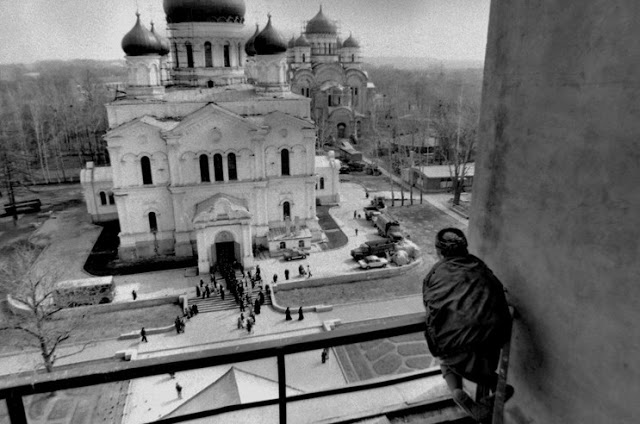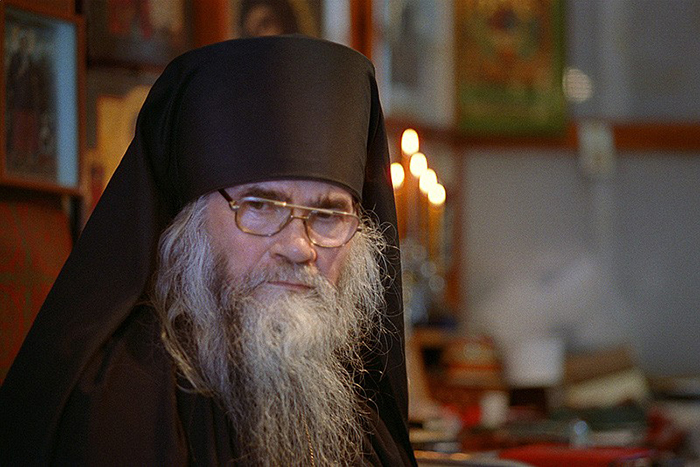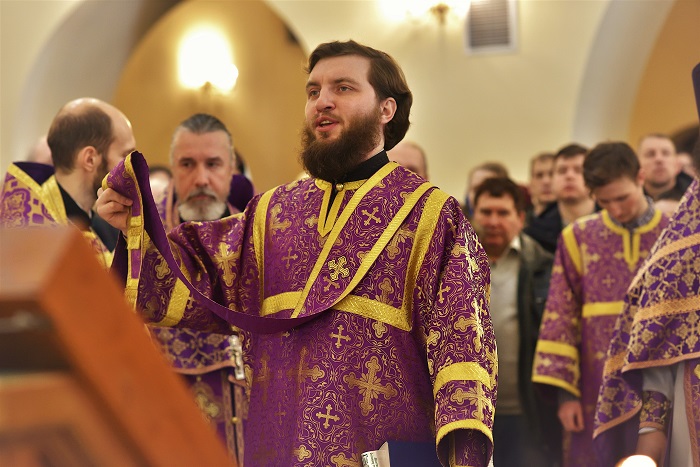
Recently I overheard a conversation about deacons and someone opined that if there were no deacons in the Church no one would notice, and that they could be eliminated with no ill effect at all, since they were simply a speed bump a priestly candidate encountered on the way to priestly ordination. I take the point, and admit that this accurately sums up the reality of the diaconate in much of North American Orthodoxy today. The deacon is considered merely as a liturgical ornament, someone the bishop has with him when he comes to serve a hierarchical Liturgy to make the service a little more grand.
This devaluing of the apostolic office of the diaconate certainly has a long history, especially in the West. When one was ordained a deacon in the Anglican church back in my day, the quip was usually made to the newly-ordained deacon, “Now you can do everything that a layman can do!”—which was technically correct, since the deacon then had no liturgical task that could not be performed by a layman. In the West, even the very term “deacon” seemed to lose all meaning, for an “archdeacon” in the Anglican church was in fact a priest, not a deacon. This devaluation seems to have long roots: in the medieval western church, cardinals came in three flavours: cardinal-bishops, who were bishops; cardinal-priests, who were priests; and cardinal-deacons, many of whom were not ordained at all. (This from Hollingsworth’s The Family Medici, p. 227.) Even my own OCA seems to assume that your average parish will not have a deacon serving along with the priest: in its little DRE booklets containing the services, the rubrics have all the litanies done by the priest. It is as if deacons did not exist.
This DRE peculiarity was not evidence of prejudice against deacons because in most parishes (at least at the time when the DRE booklets were first printed), most parishes did not have a deacon, and all the litanies and liturgical directives, which classically were done by the deacon, of necessity had to be done by the priest. Fr. Alexander Schmemann (of blessed memory) called attention to this inconsistency of parish life in one of his lectures. He said that despite Orthodoxy declaring that deacons were a divine institution in the Church, there were no deacons in the Metropolia when he first arrived in America. So, we may indeed ask: do we really need deacons?
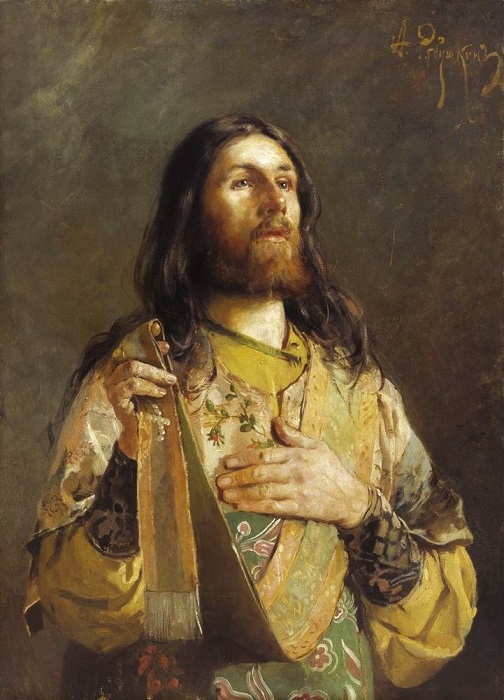
The observation with which this article began about deacons being simply a speed bump on the road to priestly ordination reveals how much we have changed from the days of the early church. In those days, a Liturgy was simply unthinkable without a deacon. Thus, Dix tells us based on a letter of St. Cyprian, that when the Church wanted to smuggle some of its personnel into the prisons to serve a secret Liturgy for the confessors imprisoned there, they had to smuggle in both a presbyter and a deacon (see his Shape of the Liturgy, p. 152). Deacons were not simply a meaningless office that one passed through on the way to a higher office, but an office complete in itself—and one that was completely necessary. The Church could no more do without deacons that it could do without bishops and presbyters. That is, if the Church somehow did not have deacons, something crucial to its life would be lost. That is why deacons were appointed by the apostles at such an early stage of the Church’s life—according to Acts 6, as early as its first formation in Jerusalem. We see how necessary deacons were to the Church’s life by Paul’s inclusion of deacons in his instructions in 1 Timothy 3. This view of the importance of the deacons (and use of an earlier terminology) continued in the Church, as we see reflected in Didache 15:1: “Appoint for yourselves bishops and deaconsworthy of the Lord”. A divine institution indeed.
Given this importance, we must ask why are deacons so important? Or, to phrase the question differently, what exactly is a deacon and what is his job? The very name of the office hints at the answer: a deacon is a διακονος/ diakonos, a word usually rendered in the New Testament as “servant”. For example, the word (or its cognate) is used to describe all of Christ’s disciples (John 12:26), the apostles (Colossians 1:23), and even Christ Himself (Romans 15:8). One could therefore suggest that translating diakonos as “deacon” tends more to obscure the significance of the term than to reveal it. If we consistently translated the word as “servant” we might begin to understand why the office is so crucial. In our own little parish in Langley, using this terminology, I would be known as “Presbyter Lawrence” and the three excellent men I am privileged to have working with me would be known as “Servant Gregory, Servant Symeon, and Servant Zacchaeus”.
The office of diakonos is an embodiment of the servanthood of the Church, and that is why it is so important, because a Church bereft of its servanthood is a Church scarcely worthy of the name. The Church has a number of functions. It must proclaim the eternal truth of God to the world (its task of teaching embodied in the office of bishop); it must order its corporate life together as a community of love, equity, and good order (a task embodied in the office of presbyter), and it must serve the needs and bind up the wounds of the world (embodied in the office of a servant/ deacon/ diakonos).
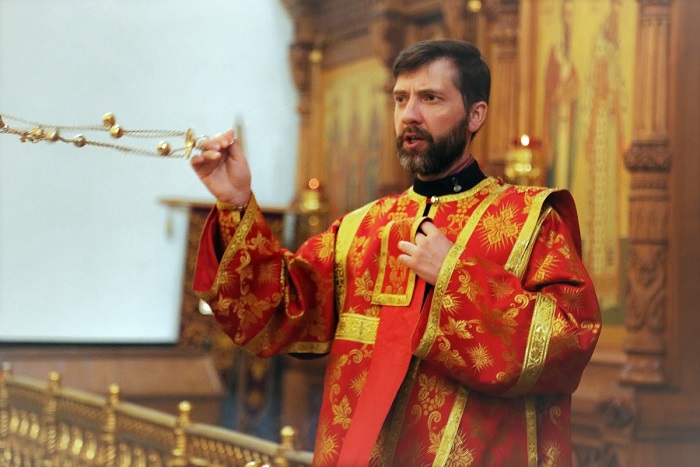
We may see now just how far our contemporary North American experience is from the apostolic and historical norms. In many places, this crucial office of servanthood has dwindled and diminished until it is indeed simply a liturgical ornament. If the deacon’s only job is the chant litanies and expel the (often non-existent) catechumens on Sunday, there is no real reason why a presbyter could not chant the litanies and dismiss the catechumens himself if the deacon is not there. One sees why deacons are deemed to be dispensable, and why many places have in fact dispensed with them. The deacon’s role has been reduced to a few utterances on Sunday morning. He has no role in discovering and meeting the needs of the poor and suffering and thus no role in creating true community throughout the week. Who cares who dismisses the catechumens or who says “Wisdom!” before the lessons are read?
But the Church is more than mere liturgical cult and a provider of Sunday morning services. The Church is also a holy community in which people share their needs, their gifts, and their lives. I suggest therefore that once again the deacons be given their original apostolic role of serving the physical needs of the Church—visiting the sick, discovering the needs of the parishioners, distributing the Church’s alms, overseeing its social programmes, and bringing Holy Communion to the sick and absent (a diaconal task according to St. Justin Martyr in his Apology, ch. 67)—in other words, their original role as creators of true community.
This pastoral component (obviously fulfilled according to the deacon’s available time and energy) would reveal why he has the liturgical ministry that he has. That is, the deacon is the one chanting the litanies which refer to the parishioners’ needs (e.g. the petitions for the sick and suffering) because he was the one visiting them and learning of these needs during the week. It goes without saying that the deacon works with the parish pastor (which in earlier days was the bishop), so that the pastor also knows the needs of the flock and can attend to them. But the deacon is his liaison, forming a pastoral link between the presbyter/ pastor and his flock during the week in the same way as he forms a liturgical link between the altar and the nave at the Sunday Liturgy.
Our current practice of the priest doing everything (or trying to do everything) is neither apostolic, historical, or sensible. The New Testament teaches that God gives spiritual gifts to all the baptized when they receive the Holy Spirit in baptism, not simply to the priest. According to Romans 12:7 one of these important gifts is the ministry of διακονια/ diakonia/ “service”; the one having this χαρισμα/ gift is instructed to use it εν τη διακονια/ “in the serving”. We need everyone in the Church use the gifts given to them by God, and to contribute to the common spiritual good of the Body of Christ. The priest is not a one-man band. We really do need deacons.

